Editorials
– Arman Amroz handles the exhausting burden left by the minister of education on Asghar Fani
– Resalat criticizes Rouhani government’s economic performance
Iranian News Roundup
– One million unemployed graduates in Iran this year
– Divorce rate up by 20% in Ardabil province
– Beginning with evaluation of new ministers
– Rouhani receives chairman of the presidency of Bosnia and Herzegovina
![]()
Sharq Newspaper: Money Capital of Culture and Art
An editorial in Tuesday’s Sharq Newspaper discusses the future of Iranian culture and art following President Rouhani’s recent cabinet reshuffle, which saw three ministers replaced, including the Minister of Culture. Cultural creatives and artists in Iran have been going through an uncomfortable period since Rouhani’s election, despite pinning their hopes on him for a new era of cultural prosperity which they believed would come to pass given the promising statements he made about introducing policies to serve the arts in his last election campaign. That has left much disgruntled, the editorial said, after they hoped to return to the era of cultural prosperity they enjoyed in the era of Khatami’s government.
The editorialist pointed out that the newly dismissed Minister of Culture, Ali Janatti, did make a few limited advances in this field during his tenure, with Iranian cinema managing to move away from the negative reputation it attained under Rouhani’s predecessor Mahmoud Ahmadinejad, while the publishing and literary sectors in Iran managed to make a few, also limited, advances. In music and the performing arts, however, there was little if any progress under Janatti, the editorialist said, with many hurdles being put in the path of developing these cultural fields, although the former minister should be honored for the sacrifices he made to benefit the arts, which eventually led to his overthrow.
The editorial identified the new Minister of Culture as Reza Salehi, saying that although he’s held several senior posts, he has never been involved in culture or the arts. Adding that artist and other cultural creatives must have confidence in his abilities and vice versa to see meaningful progress in this area in the future.
The new minister should avoid the obstacles that hindered his predecessor’s work, the editorialist asserted, adding that perhaps the most important task for Salehi is developing non-governmental cultural institutions and bodies. The editorialist said that the reformists’ high point is their support of culture, suggesting that if the new minister works to placate and form active ties with the reformists, then it will be easier for him to communicate with artists and other cultural creatives. Nevertheless, the writer stated, this is unlikely to happen since Salehi’s previous posts were in institutions controlled by conservatives, meaning that he’s more likely to face pressure from fundamentalists rather than the more liberal reformists. Therefore, the editorial concluded, Iran is likely to see more restrictions on the artistic and cultural activities, which will further restrict the cultural and artistic atmosphere in the country.
Arman Newspaper: May God help the new minister after Fani
An editorial in Tuesday’s Arman newspaper focused on the problematic legacy of the Iranian former education minister, Ali Asghar Fani. The editorial claimed that there are two main factors behind low levels of educational attainment in Iran, stating that the first of these iIs the appointment of managers in the Ministry of Education. From ministerial secretaries to school principals, appointments are made by political affiliations and political intervention through mediation and nepotism, the editorialist explained. The second factor, meanwhile, is the ministry’s budget and spending decisions, the writer went on, adding that the first problem is linked to political corruption and the second to the use of management positions as trophies. Those lobbying for the former minister Ali Fani managed to convince Mohammad Reza Aref and some influential PMs in the lower house that Rouhani wished to marginalize Fani before being questioned in the parliament so that Reza would gain a million teachers votes in the upcoming elections, the editorialist claimed. There is no doubt that teachers did not like Fani, the editorial went on, but his marginalization was more concerned with increasing the number of teachers’ votes for Rouhani than for other issues, and his dismissal should be reconsidered. The biggest problem for teachers in Iran is the low income compared with other state employees, the editorial said, adding that Fani’s replacement, as the minister would not resolve this issue. It is known that the number of staff at the Ministry of Education has now risen to 970,000 employees, with the editorialist warning that this increased number of staff will naturally produce further and endless problems. The editorial also asserted that while Fani had experience, he lacked the ability to make critical decisions which could help in developing Iran’s troubled education sector.
Resalat newspaper: What are the government’s economic promises?
An editorial in Tuesday’s Resalat newspaper criticized the economic performance of the Rouhani administration, offering a statistical evaluation of the economic promises made by Rouhani in the previous presidential elections. The editorial says that in his speeches during the last presidential election campaign, Rouhani spoke on no fewer than 159 occasions about his economic promises, which included:
1. The government would not let young unemployed Iranians feel ashamed in front of their families and children.
2. Employment opportunities should not be created through borrowing, which would generate debts amongst the unemployed
3. If all manufacturing facilities increased their productivity by 20 to 60 percent, this would solve a large part of the unemployment problem in Iran.
4. A primary Rouhani campaign slogan was the promise to save the Iranian economy.
The editorial offered a negative evaluation of how the Rouhani administration had lived up to its promises, saying that it had been an economic failure, proving itself unable to reduce the severity of Iran’s unemployment problems. The Editorialist concluded by condemning what it claimed was Rouhani’s sole focus on foreign policy and some cultural activities, with the president even conceding his inability to implement the items on his five-year development plan, adding that the Iranian government has also failed to develop any plan for next year’s budget.
![]()
♦ Petrochemical talks between Iran and the United States

A new round of negotiations between Iran and the giant UOP of America Company started oversupply of new technologies and to improve the petrochemical industry in Iran after a break since the imposition of the Western sanctions. Another meeting between Iranian prominent managers in petrochemicals and officials in “Total” and “Air Liquid” Companies was held on the sidelines of plastics exhibition in Germany.
Abrar Eghtisadi Newspaper
♦ One million out of work graduates in Iran this year
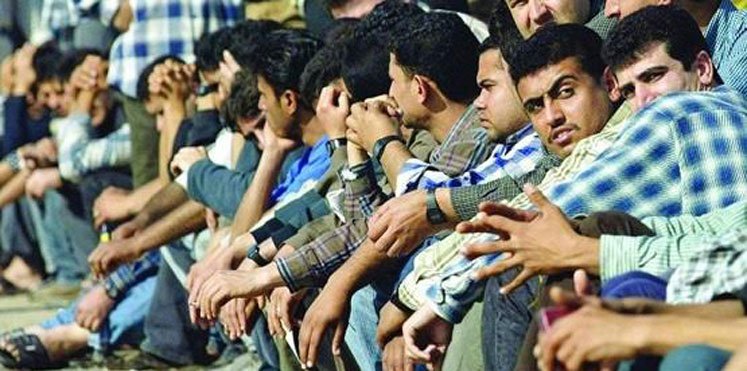
“About one million university and other educational institutions graduates are looking for jobs,” Iranian minister of science and technology, Mohammed Farhadi announced. He also criticized the vast number of universities in Iran that amount to 2880 and many graduate students every year, calling for a suitable plan to reduce this number.
Farhadi added, “The Iranian government has adopted a plan that creates 800 thousand jobs this year, which will achieve 8% economic growth in the country.
“Iran suffers brain drain and migration of elite graduates; 150 thousand graduates leave the country every year,” Farhadi concluded.
Arman Amroz Newspaper
♦ 1000 deaths in Iran every day

“1000 deaths are registered in Iran every day,” Iran’s minister of health, Iraj Harirji said in a press release. He pointed out that 385 thousand cases were registered last year; 25% of them below 50 and 55% below 77 years old.
“46% of the total deaths caused by heart and cardiovascular diseases, 13% Cancer, 9% accidents, 4% respiratory problems, and 21% resulting from other reasons,” Harirji added
Etimad Newspaper
♦ Divorce rate is up by 20% in Ardabil province

Civil affairs manager in Ardabil province, Assad Hassan Zadeh said that divorce rate had noticeably increased by 20% last year. He added that marriages achieved 4% increase, while birth rate backed off 4%.
Resalat Newspaper
♦ Britain releases frozen assets for the Iranian Saderat Bank
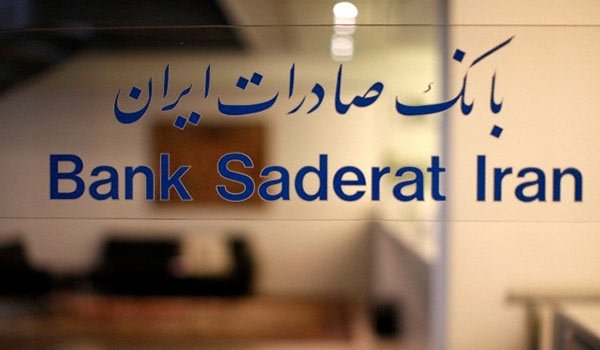
British Financial Ministry has issued frozen assets for the Iranian Bank of Saderat and removed it from the list of banks under sanctions after the approval of the EU.
Mehr Agency
♦ Beginning with evaluation of new ministers in the parliament
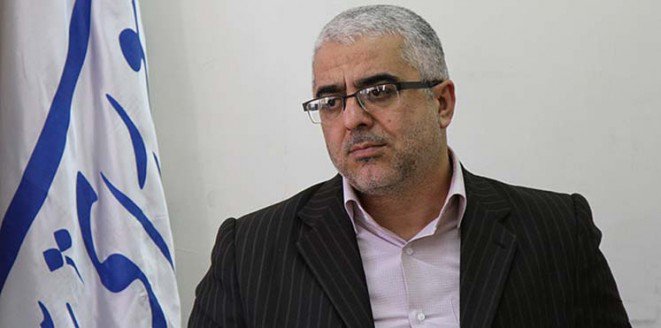
MP of the parliamentary “Independents of Leadership” coalition, Gholam Jaafar Zadeh Aiman Abadi announced the beginning of the assessment sessions of the nominated ministers, saying that reorganizing the private house is a necessity to continue regular governmental work and daily routine. “The government listened to people’s complaints and at the suitable time it took the appropriate steps to meet their demands through cabinet reshuffle,” he said. “Ministers of Culture and Guidance, Sports, and Education have been changed, and when determining the suitable nominees, other ministers shall be replaced,” Abadi concluded.
Arman Amroz Agency
♦ Rotana Hotel Group to build a five-star hotel in Iran
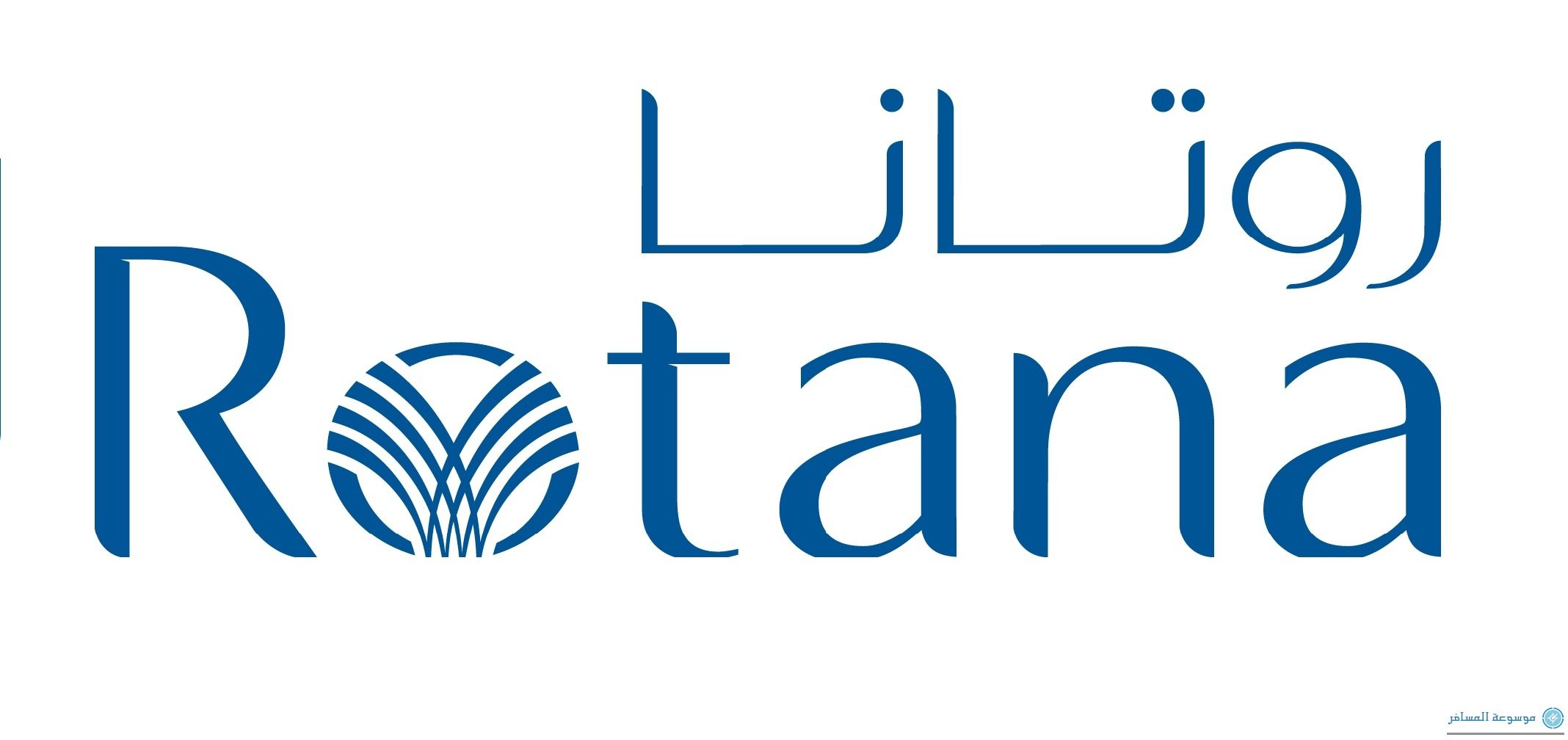
Rotana Hotel Group has signed a contract to establish the first five-star hotel in Iran.
Executive manager of Rotana, Ahmed Riza Nick Car Asfehani also announced readiness to change 15 international and Iranian tourist hotels aged 50 years to five-star hotels. Asfehani added, “The Iranian Airlines Company Asman is ranked first in the number of flights during the first six months of this year among 14 airline companies through increasing its investment from 50 billion Tomans to 330 billion Tomans, as stated by the aviation organization.”
Etilaat Newspaper
♦ Rouhani receives chairman of the presidency of Bosnia and Herzegovina

President Rouhani has received Chairman of the Presidency of Bosnia-Herzegovina, Baqir Izat Bigovitch officially. Both sides discussed the expansion of bilateral relations on all levels between the two countries.
ISNA Agency
♦ Attacking the government, an MP: Injections and toxicity generals should not interfere in the job of scholasticism generals
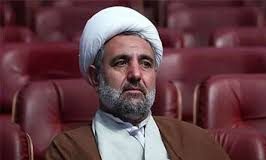
Qum city MP, Mujtaba Zolnour has sharply criticized Minister of Health saying, “The minister does not have the right to interfere in the Juma’a Imams Issue and has to care about his own business.” He added, “Even former king of Iran, Riza Shah never dared to say a lip about this issue because the Imams play a significant role in the society and its stability.” He continued, “Juma’a prayer is not a church. It is a worshipping-political ritual, and imams talk about all issues that concern people and the society.”
During the 33 Scientific Union’s Summit for the Iranian psychology, Minister of health, Saied Qadi Zad Hashemi said, “In our country, everyone says his opinion; one that recites epitaphs is challenging the president and other Haram and pen Generals that take part in all issues and talk about everything. I wish that the government, officials, Juma’a Imams, and all that have a pulpit in the country, not to increase the number of psychopaths, make accusations, and escalate tension confusion in the society.”
Damadim Website
♦ Budget of 2017 does not include Importation of Gasoline
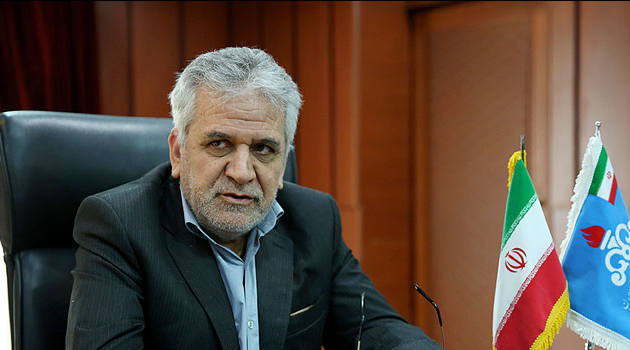
Iran’s deputy minister of oil, Abbass Kazimi asserted that his ministry would stop gasoline importation next year. He added that gasoline imports were between 10 to 12 million liters per day during the first months of current year, but has been decreased to 4.5 to 5 million liters per day recently.
“Ministry of oil will not include gasoline importation in the budget of 2017,” Kazimi explained. “The ministry opened the refinery of the “Gulf Star” last week and will open two other refineries for gasoline in Bandar Abbas and Lawan by the end of the year,” Kazimi confirmed.
Asr Iran Site
